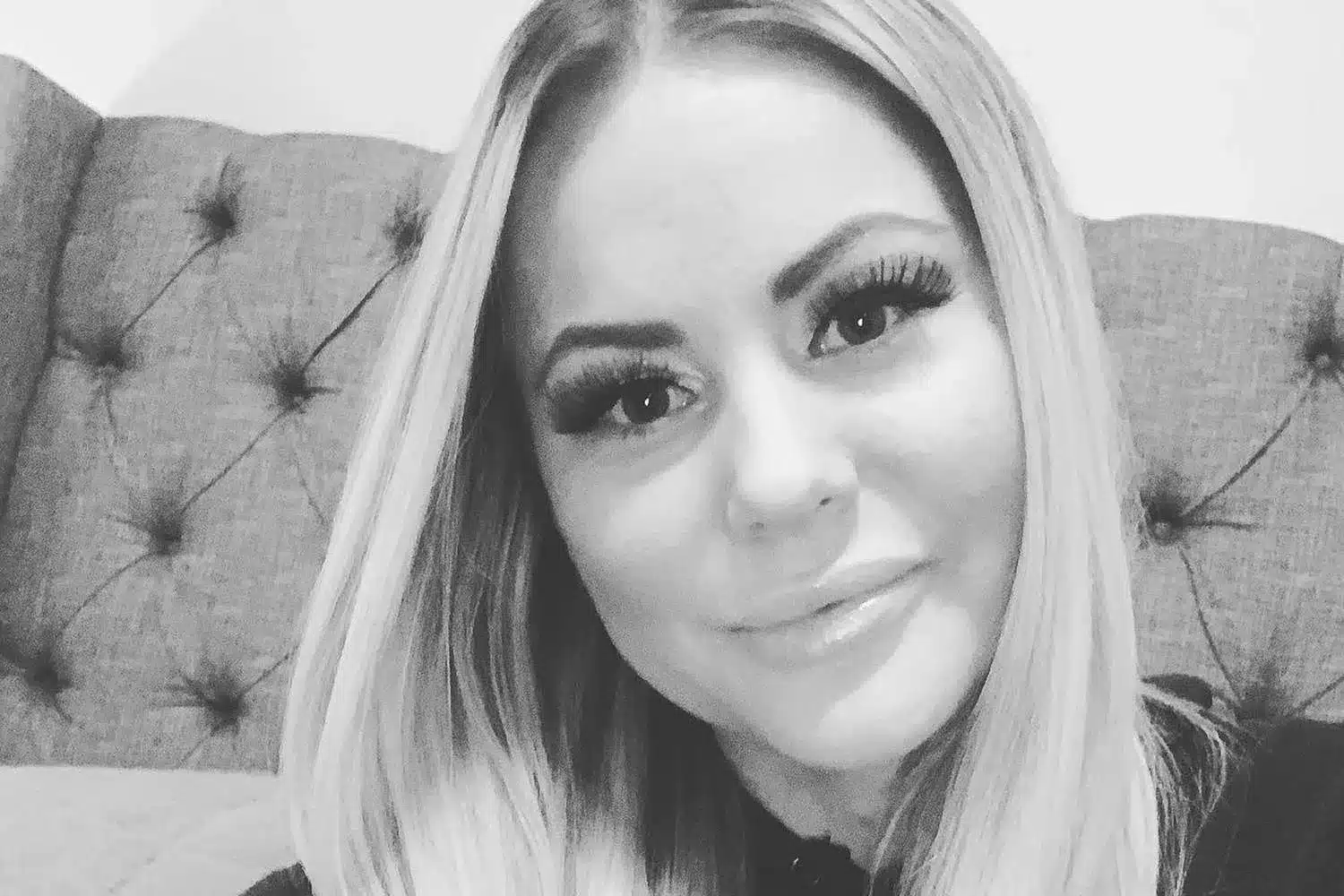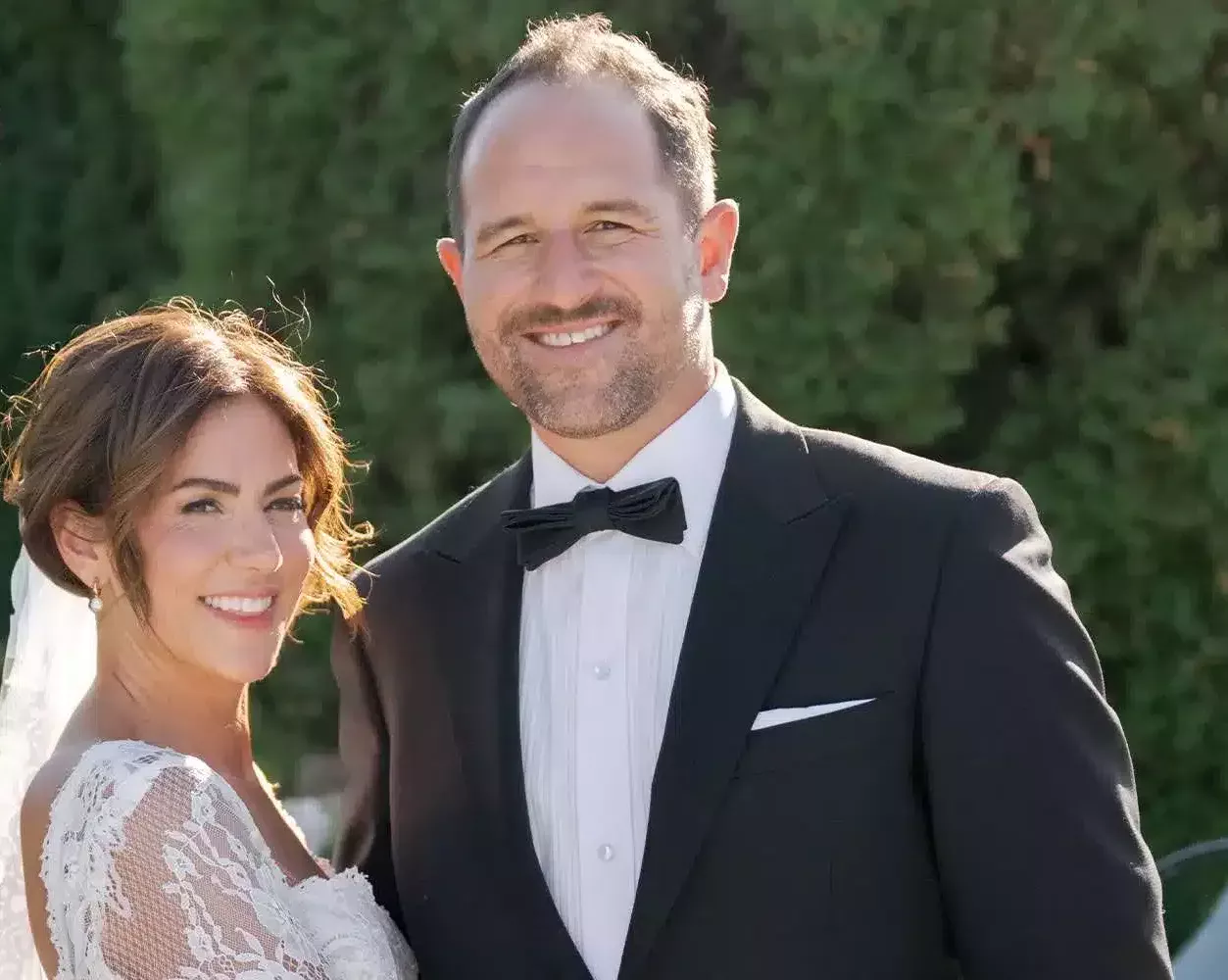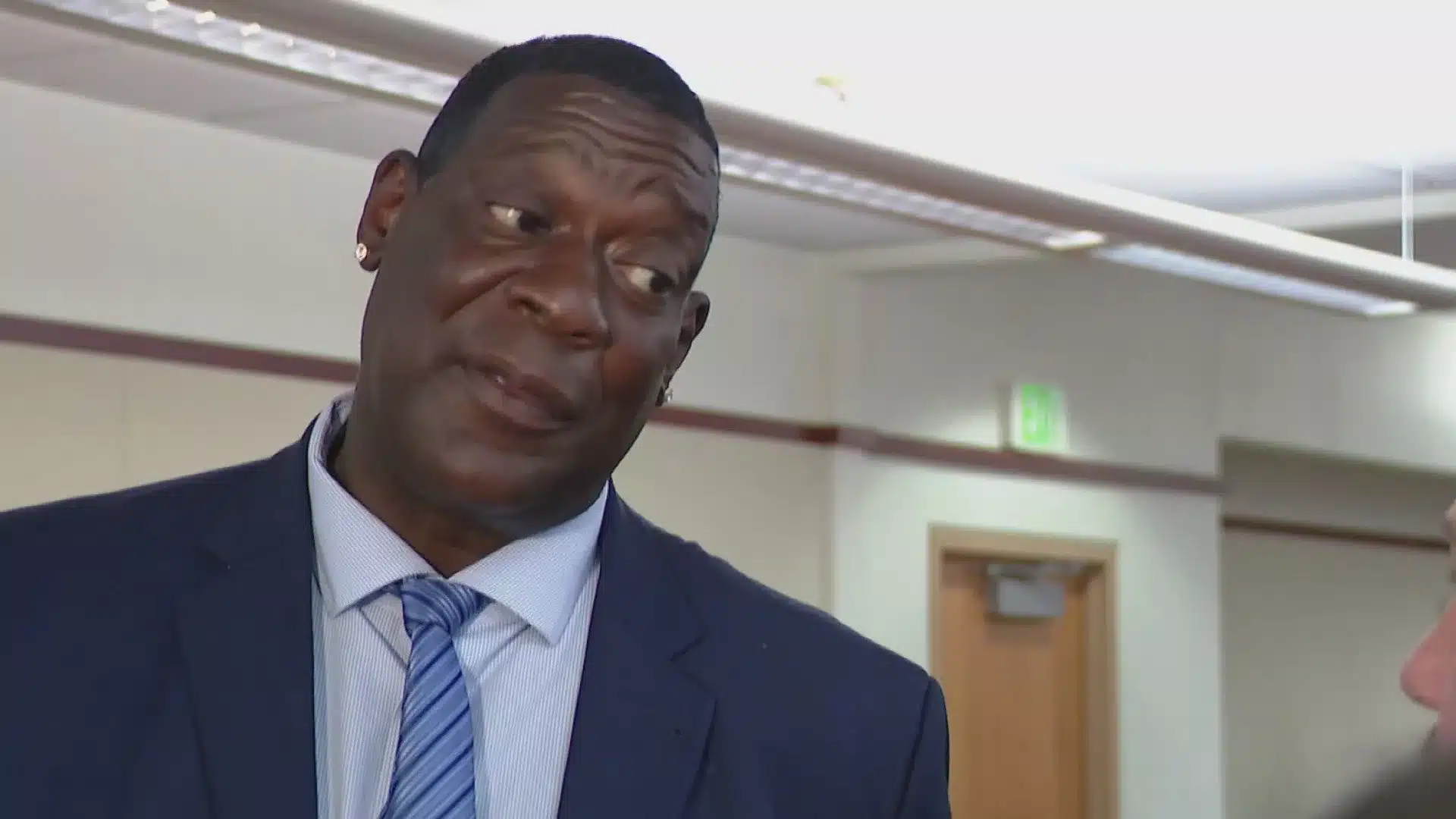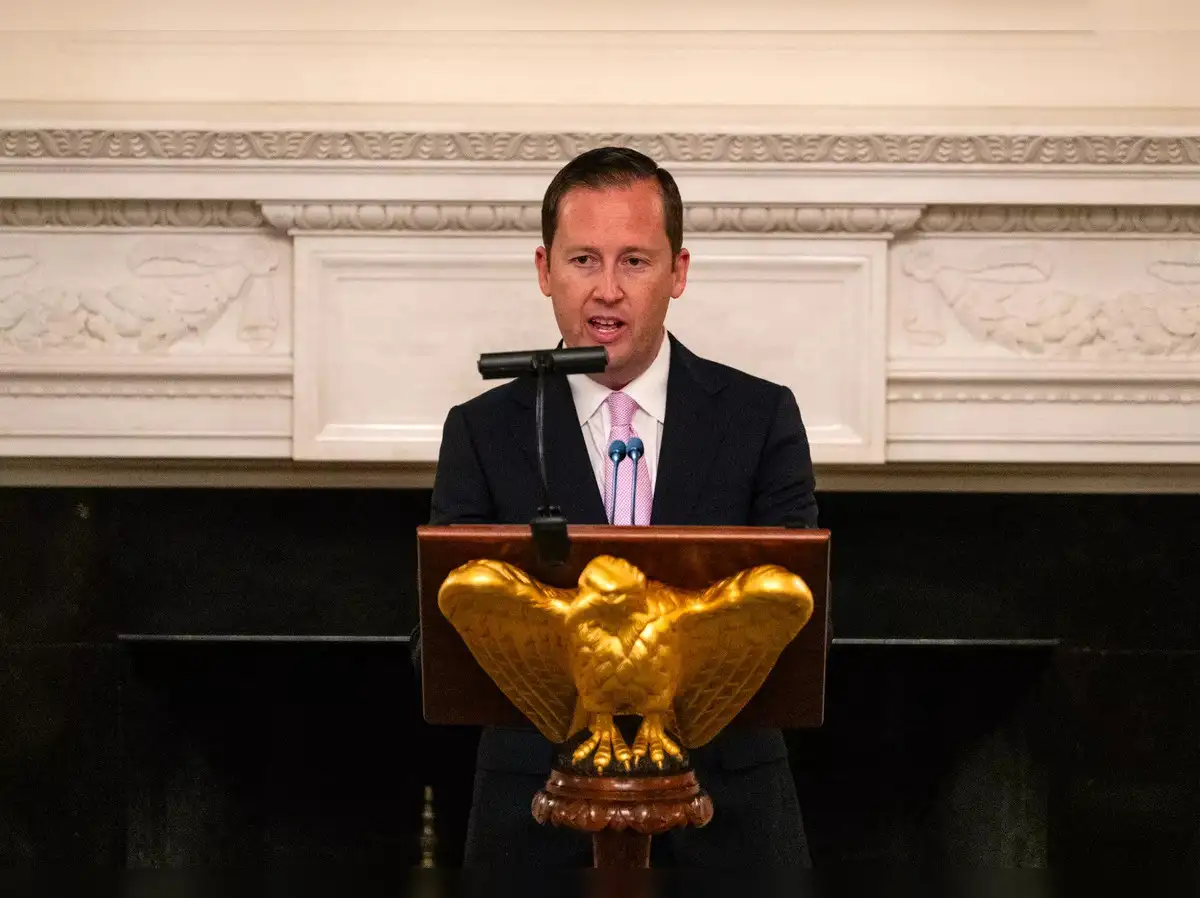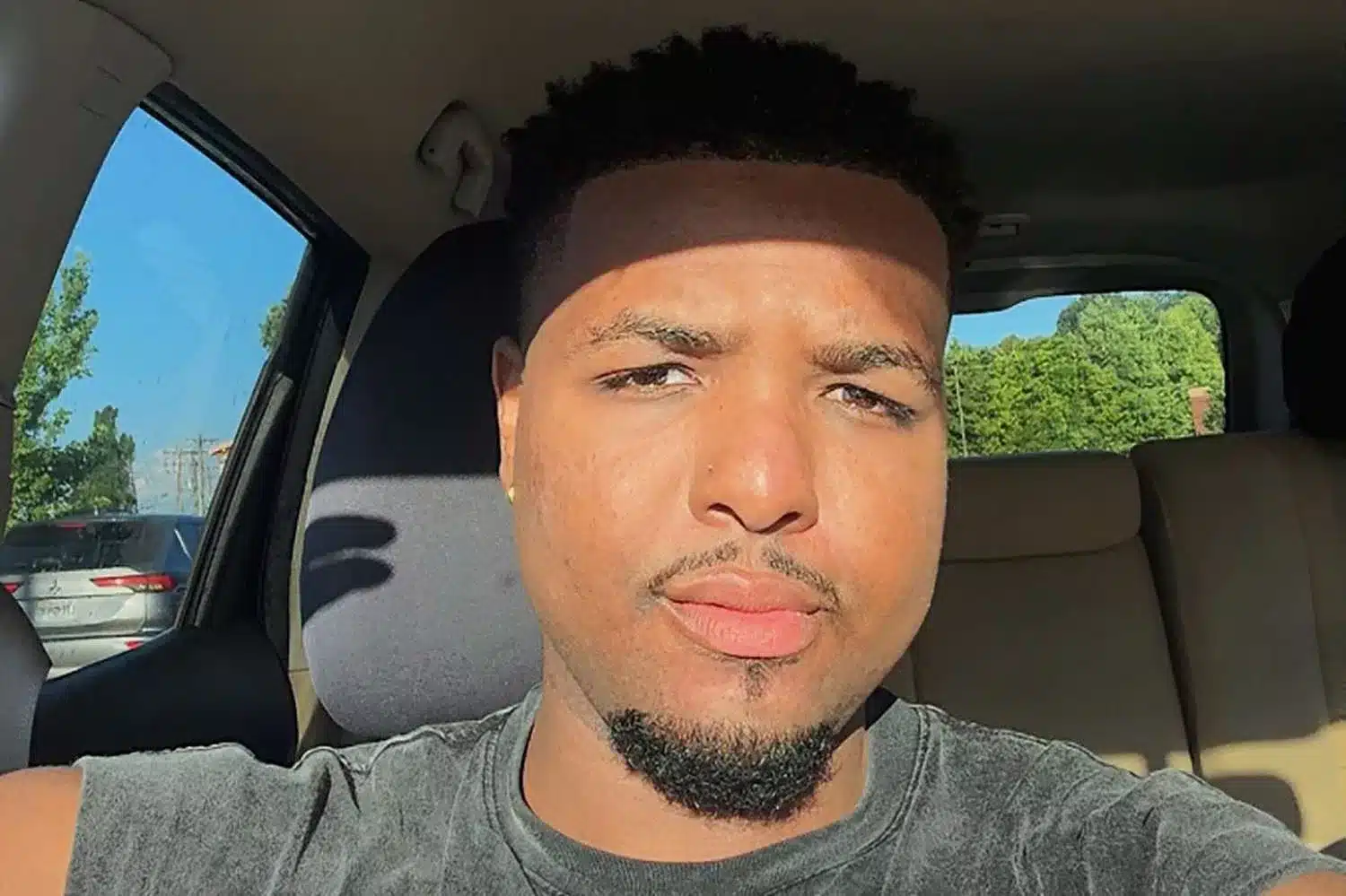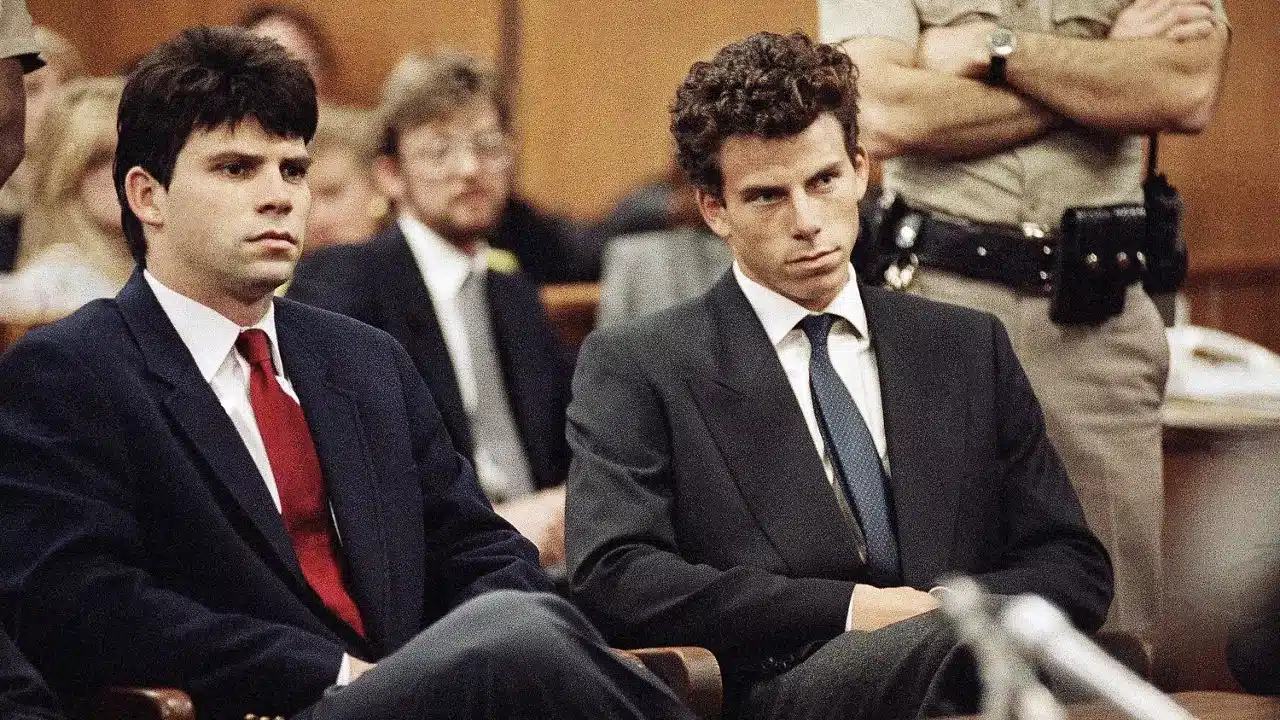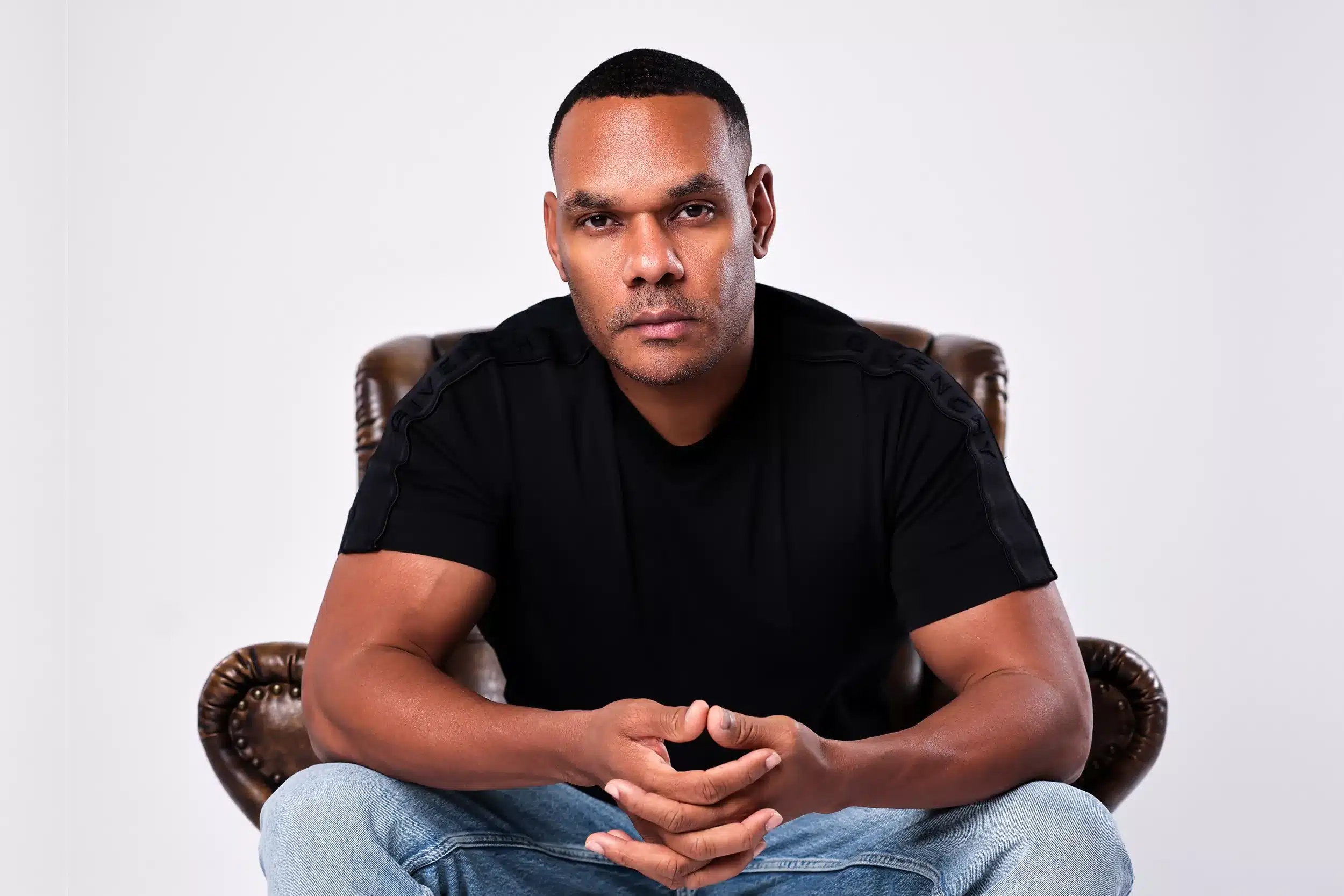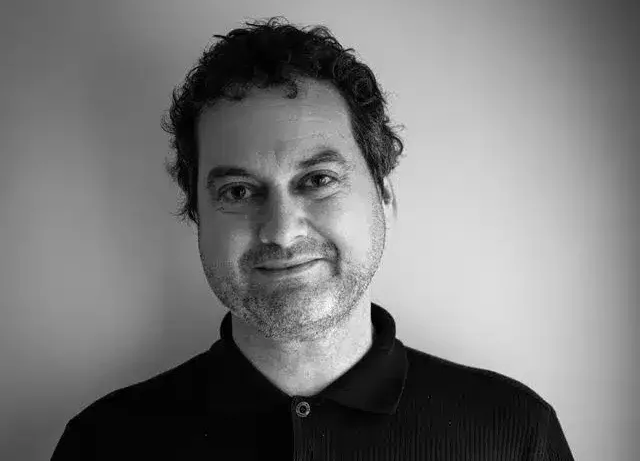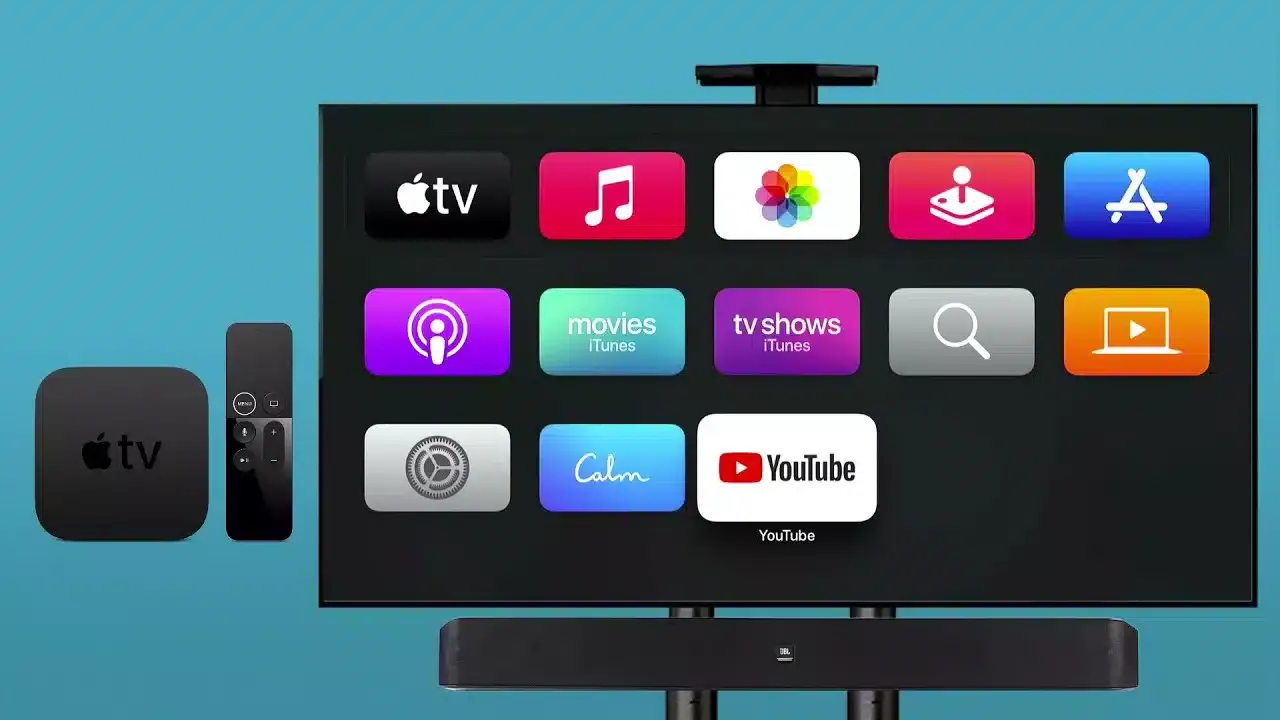
You’ve just started earning, and that’s exciting as well as overwhelming. With each paycheck, it’s tempting to focus on spending rather than saving.
But the truth is, your early 20s are the best time to build strong financial habits that will carry you through life. By learning the fundamentals now, you can avoid common financial traps and set yourself up for long-term stability.
So, if you want to know how to kickstart your journey to financial success, this article can help you. It offers eight essential steps to take control of your finances.
-
Understanding Where You Are Financially
Before you start building wealth or setting financial goals, you must know your current position. This means taking a clear look at your income, expenses, and any debts you carry. Many people skip this step, thinking it’s too basic or not important enough. But it’s the foundation of every other financial move you’ll make.
First, calculate your take-home pay – the actual amount that lands in your bank account after taxes and deductions. Then, track your spending for a month. You might be surprised at where your money goes. Remember, you’re not trying to criticize your habits; you’re just collecting information. Once you have a clear picture, you’ll be better equipped to make decisions that fit your life and goals.
-
Budgeting for Balance
Creating a budget can sound restrictive, but it’s really just a plan. It’s about making sure you’re using your money in a way that aligns with your priorities. One of the simplest and most effective ways to save is the 50/30/20 budget rule.
Here’s how it works. Allocate 50 percent of your income to needs. These include rent, utilities, groceries, and transportation. Once this is done, assign 30 percent to wants. These are the things that make life enjoyable, like going out, shopping, or streaming subscriptions. Finally, put 20 percent toward savings and debt repayment. This part includes your emergency fund, investments, and paying off credit cards or loans.
This rule offers a solid starting point. You can tweak the numbers as your situation changes, but the main idea is to give every dollar a purpose.
-
Building an Emergency Fund
No one likes to think about worst-case scenarios, but life has a way of throwing curveballs. A surprise medical bill or a sudden job loss is always possible, right? That’s why an emergency fund is so important. It gives you a financial cushion when unexpected expenses come up.
If you’re just starting out, aim for a small goal – maybe $500 to $1,000. Keep it in a savings account where it’s easy to access but not too easy to spend. Having an emergency fund doesn’t just protect your wallet; it also brings peace of mind.
-
Avoiding and Managing Debt
Debt can be tricky. Some forms, like student loans or a mortgage, can be useful when managed well. Others, like high-interest credit cards, can be harmful if left unchecked. The key is to understand what you owe and to stay on top of it.
Make it a priority to avoid carrying balances on credit cards. Interest rates can be brutal, and it’s easy for a small charge to turn into a long-term burden. If you already have debt, make a plan to pay it off. Focus on the highest-interest debts first while keeping up with minimum payments on others.
-
Start Saving for Goals Early
Setting financial goals gives your money direction. Whether you’re saving for a trip, a new laptop, or your first apartment, having a clear target makes it easier to stay motivated. The earlier you start, the more time your money has to grow.
Separate your goals into short-term and long-term. Use different savings accounts if that helps you stay organized. Some banks let you nickname accounts based on what you’re saving for, which can make the process feel more real. Automate your savings so you don’t have to think about it every month. Over time, you’ll start seeing real progress – and that’s a great feeling.
-
Understand the Basics of Investing
Investing might sound complicated or intimidating, especially when you’ve just started earning. But the sooner you begin, the greater the potential for your money to grow over time. Investing isn’t about luck or picking the next big stock. It’s about consistency, patience, and letting compound interest do the heavy lifting.
You don’t need thousands of dollars to get started. In fact, many investing apps allow you to begin with just a few dollars. Start with learning the basics: what stocks and bonds are, how mutual funds and ETFs work, and why diversification matters. You don’t need to be an expert overnight. Just start learning, and as your confidence grows, so will your portfolio.
-
Build Good Credit from the Beginning
Your credit score plays a larger role in your life than you might expect. It can affect your ability to rent an apartment, get a car loan, or even land certain jobs. That’s why building a strong credit history early is so important.
Start by opening a credit card and using it responsibly. Pay off your balance in full every month. Avoid maxing out your card – try to keep your spending below 30 percent of your credit limit. Also, don’t open too many accounts at once, as this can negatively affect your score. If you’re not eligible for a regular credit card yet, look into getting a secured credit card to begin building history.
-
Be Smart About Spending
It’s easy to get caught up in spending, especially when you start earning your own money. But if you want to build lasting financial health, you need to spend intentionally. That doesn’t mean cutting out everything fun. It means knowing what truly matters to you and being mindful of your choices.
Before making a purchase, take a moment to ask if you really need it or if it’s just a quick impulse. Delaying a purchase for a day or two often reveals whether it’s something you actually value. It’s also helpful to track your spending habits from time to time. Seeing where your money goes can help you spot patterns and areas to improve.
Mastering money isn’t about having it all figured out from day one. It’s about building strong habits, staying aware, and being willing to grow. By starting early and making intentional decisions, you give yourself a head start that many people don’t get until later in life. Financial success doesn’t require perfection – it requires action, patience, and a commitment to learning along the way. Keep going. The effort you put in today lays the groundwork for the freedom and choices you’ll have tomorrow.



















